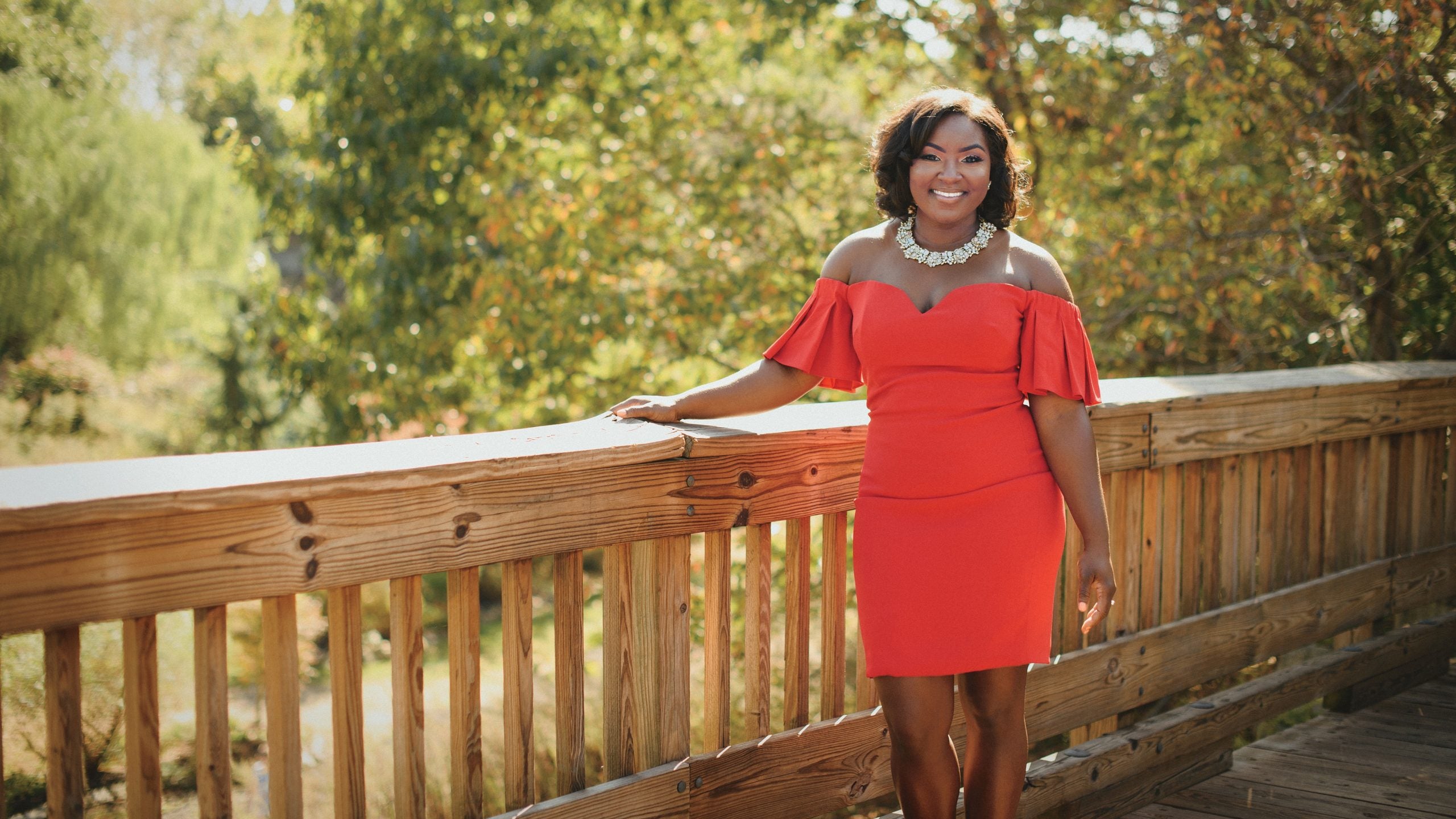
This can’t be life. That’s what many of us uttered this spring when everything changed overnight due to the novel coronavirus. Businesses across our nation were forced to close in mid-March. These government-mandated lockdowns wreaked particular havoc on small brick-and-mortar stores—especially those owned by Black women. Despite the circumstances, resourceful sisters have managed to thrive. Meet three dynamic business owners who used their ingenuity to ride out the pandemic.
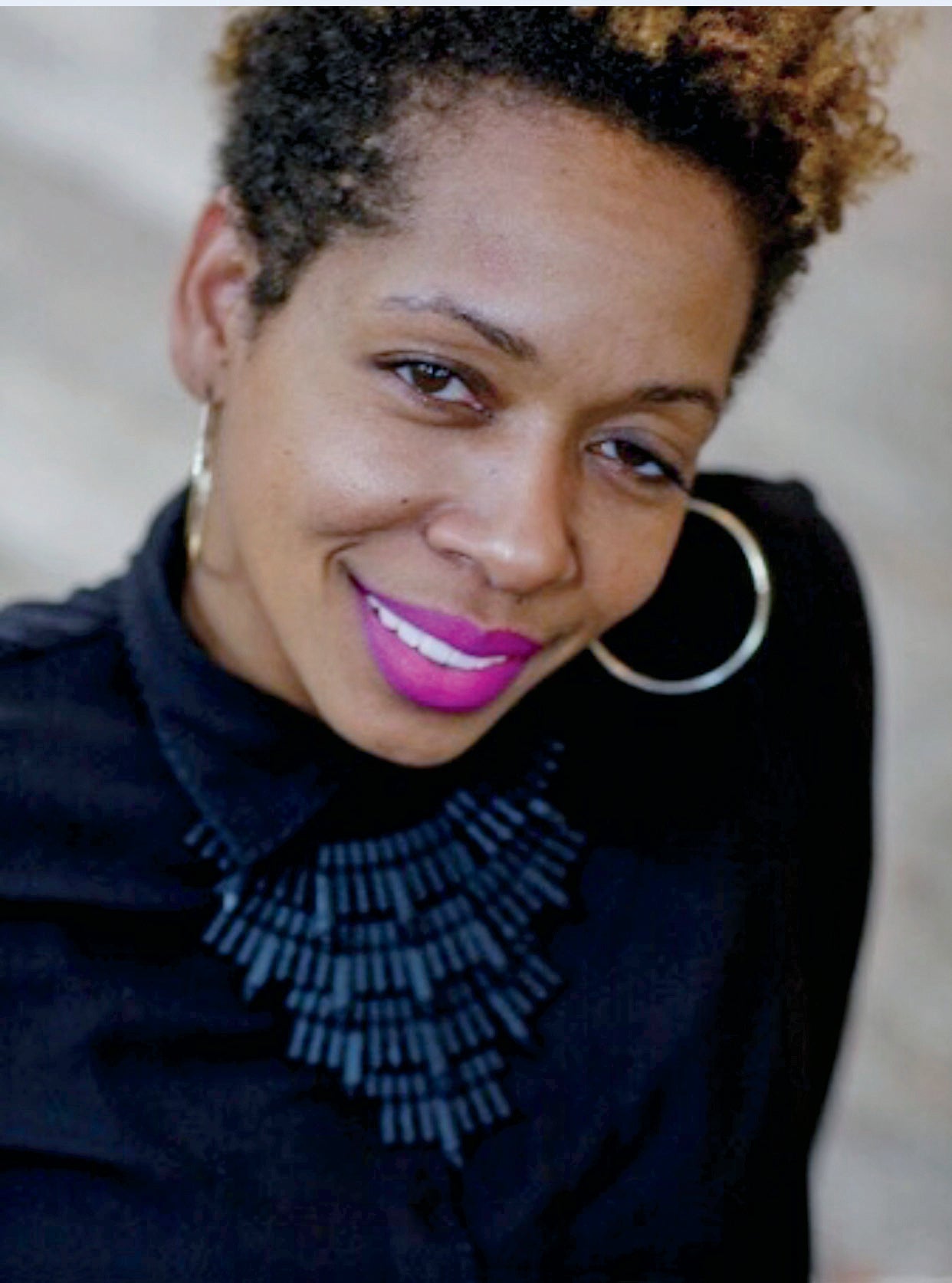
Hustlin’ in Harlem
What do Beyoncé, Mary J. Blige, and Taraji P. Henson have in common? The megastars have all had their digits pampered by manicurist Lisa Logan. In 2012 Logan, now 48 years old, opened the Nail Suite by Lisa Logan, and she never looked back. But when the coronavirus swept through, nail salons were among the first establishments to close.
Logan had to pivot—and fast. She found the solution while helping her newlywed daughter, who was due to give birth in June. “I’ve long been a champion of oregano oil in my salon,” says Logan. The nail artist decided to try infusing the oil, known for its antibacterial healing properties, into a soap to treat her daughter’s psoriasis and eczema. “A light bulb went off,” she says. “I started mixing oregano oil with other essential oils and, with the help of a family member, created a soap.”
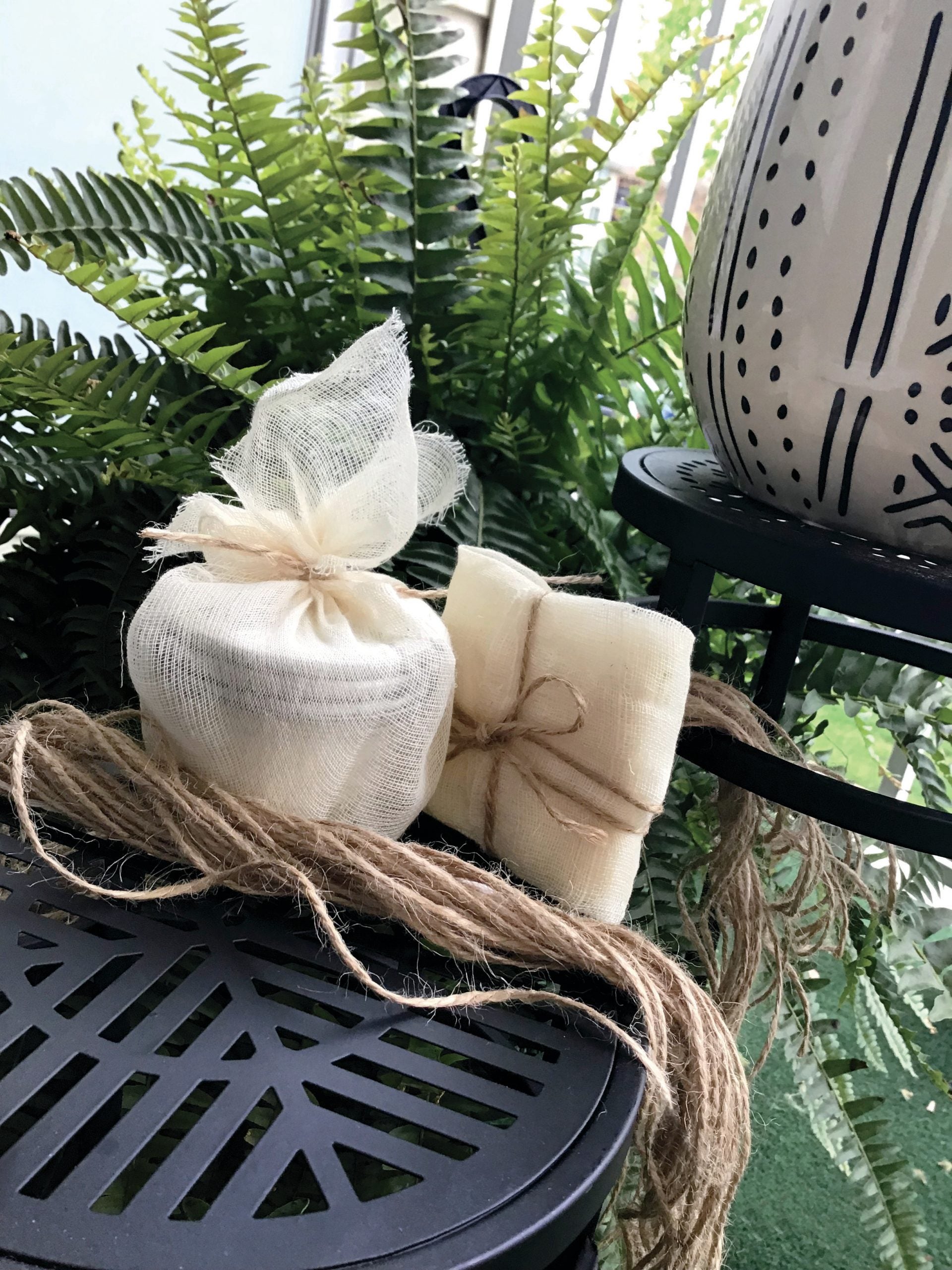
Packed with a robust clean and crisp scent, the custom organic soaps are wrapped in rustic-style cheesecloth or bur- lap and tied with twine. “My first marketing effort was a TikTok video of me making the soap,” Logan recalls. “It received a good response.” One month later Logan’s O’Really Oregano Soap was in high demand. Taking orders online, she has shipped to California, Florida and North Carolina. Her soap even caught the attention of Carol’s Daughter founder Lisa Price, and Oprah Winfrey’s pedicurist, Gloria Williams, the Footnanny, ordered 50 bars.
Now that her soap is so popular, Logan intends to sell it at retail price when the Nail Suite reopens. She sees the coming in-salon debut of the bar as a blessing. “This pandemic allowed me time to be still long enough to create a product that benefits people,” she explains. “This was already written.”
(thebodysuiteharlem.company.site)
Working It Out
When she was 46 years old, Debra D. Williams weighed nearly 200 pounds. That was the year she buckled down and lost weight, taking 50 of those pounds off. “Folks wanted to know how I’d done it,” she recalls. She decided to show them, and her company, S.M.A.R.T. Fitness, was born. S.M.A.R.T. is an acronym for Specific, Measurable, Achievable, Realistic and Timely—criteria that had helped Williams reach her goals. In 2009 she used the same approach to establish her business, which includes spinning, yoga and group fitness classes in addition to personal training. While continuing to work full-time in higher education, Williams pursued the necessary certifications and opened her brick-and-mortar Philadelphia studio in 2017.
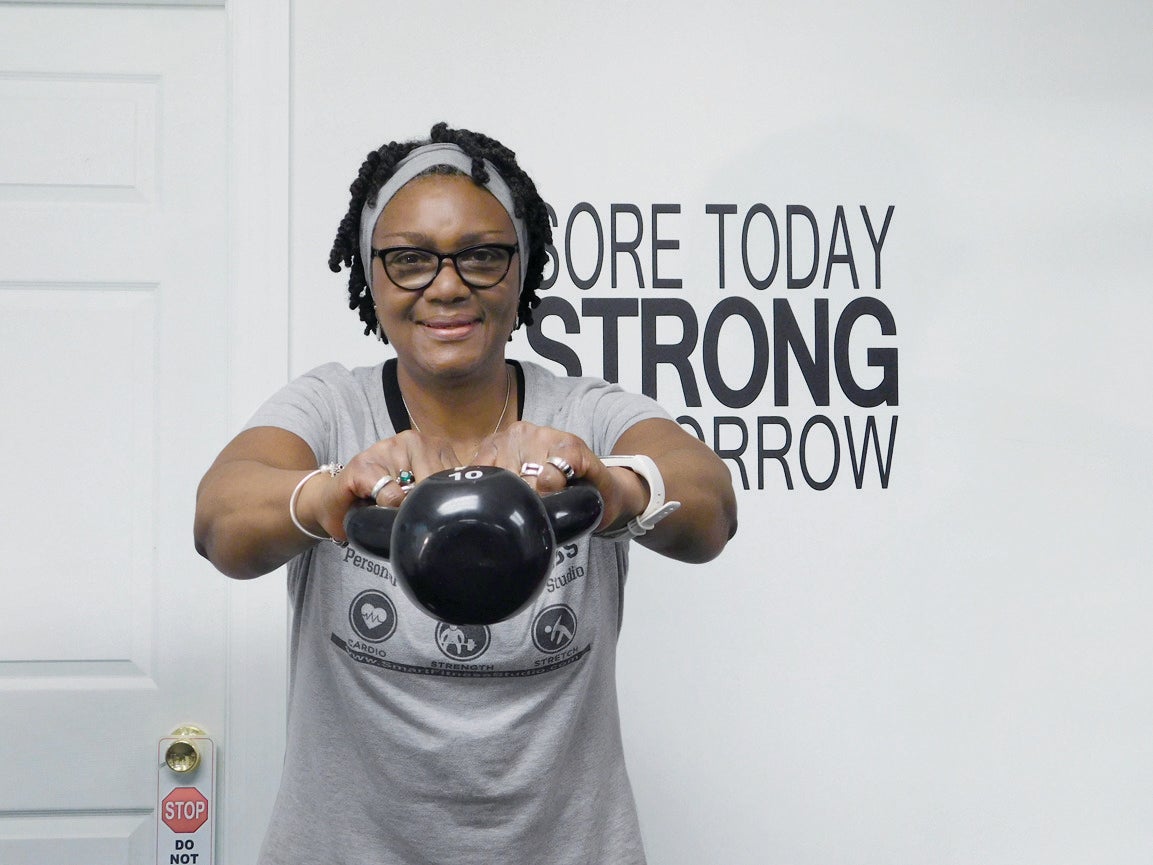
With a clientele that’s 99 percent, Black women, Williams, now 65, was making a positive impact on the wellness of her community. However, everything came to a screeching halt after the coronavirus outbreak. Her studio closed its doors in March, but that didn’t stop her creditors from calling. “This closure was unexpected,” she says. “I had no choice. I have rent to pay, lease payments on equipment, monthly software charges and loan payments. It sucks.”
Not one to wallow in self-pity, Williams searched other avenues to generate income and looked to technology for an answer. “Zumba, MixxedFit and personal training via Zoom were the ways to go,” she says. She used Eventbrite, Facebook and Instagram to advertise her virtual-class offerings. These days she has an appreciation for the silver lining of the COVID-19 cloud. “I can reach more personal-training clients than I ever could before,” she reflects. “One of my clients moved to Rhode Island, and now I have her back. The sister of another client lives in California and wants to train with me virtually. I wouldn’t have these clients if it weren’t for the pandemic.”
Bootstrapping & Baking
In 2013, while still working her 9-to-5 as an accountant, Sydney Perry, 36, joined with her husband, Jermaine, to open Sydney’s Sweets Desserts bakery in West Hempstead, New York. In 2016, Perry left her accounting position to focus on
the venture full-time. “My husband and I used to say we have no plan B,” she confesses. “The bakery had to work.” And it did. From weddings to
baby showers to birthday celebrations, Sydney’s Sweets Desserts became a go-to.
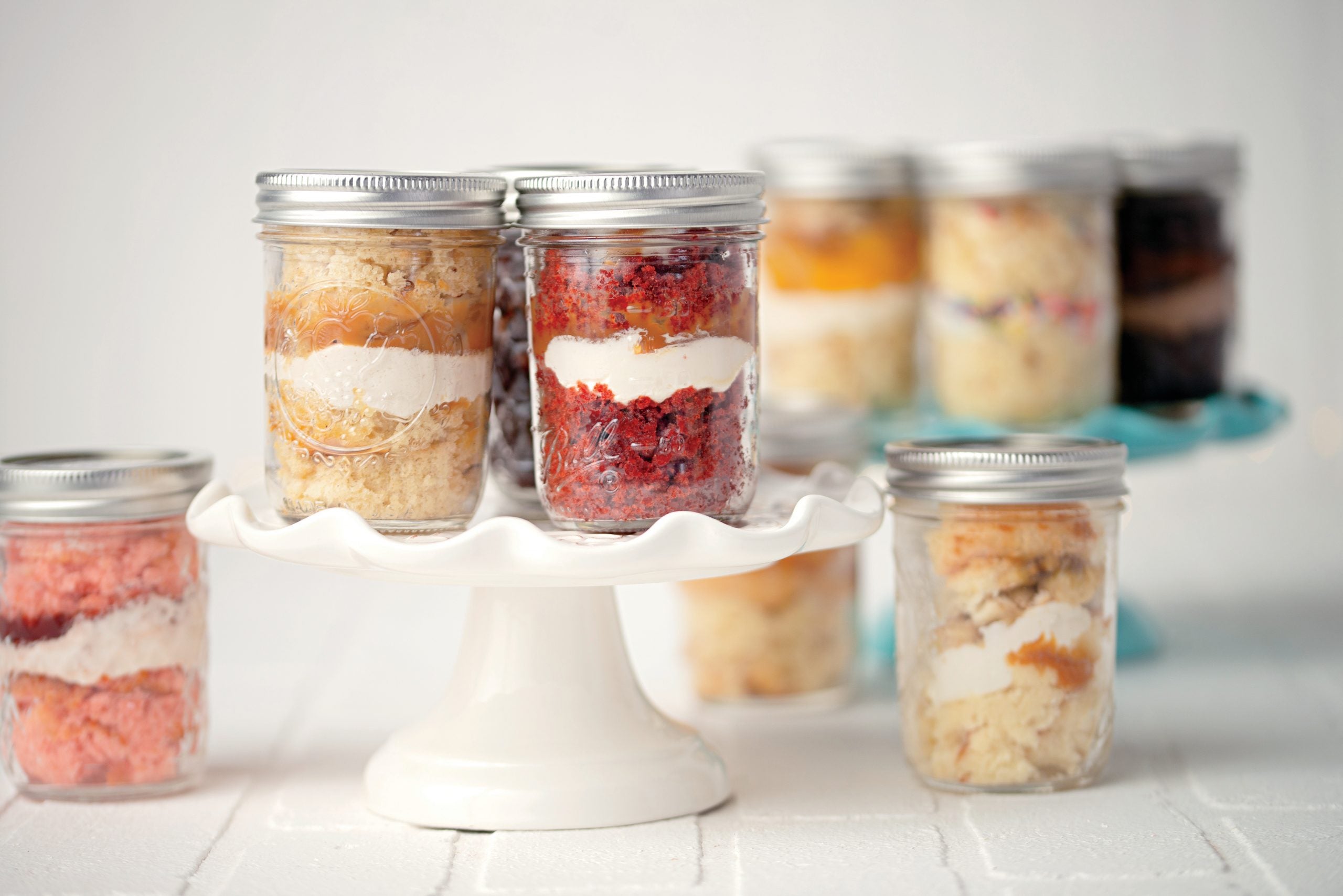
But when COVID-19 struck and New York State announced the temporary shuttering of nonessential businesses, Perry saw a major decline in sales: “The first week after the lockdown began, we started receiving cancellations. Every event we had on the calendar was canceled, and no one was calling to book new ones.” The couple needed to act quickly, even as they faced the daunting task of homeschooling their 7-year-old son. Perry began baking quarantine-themed cakes. “People love them!” she exclaims. “And it allows us all to poke fun at an otherwise depressing situation.”
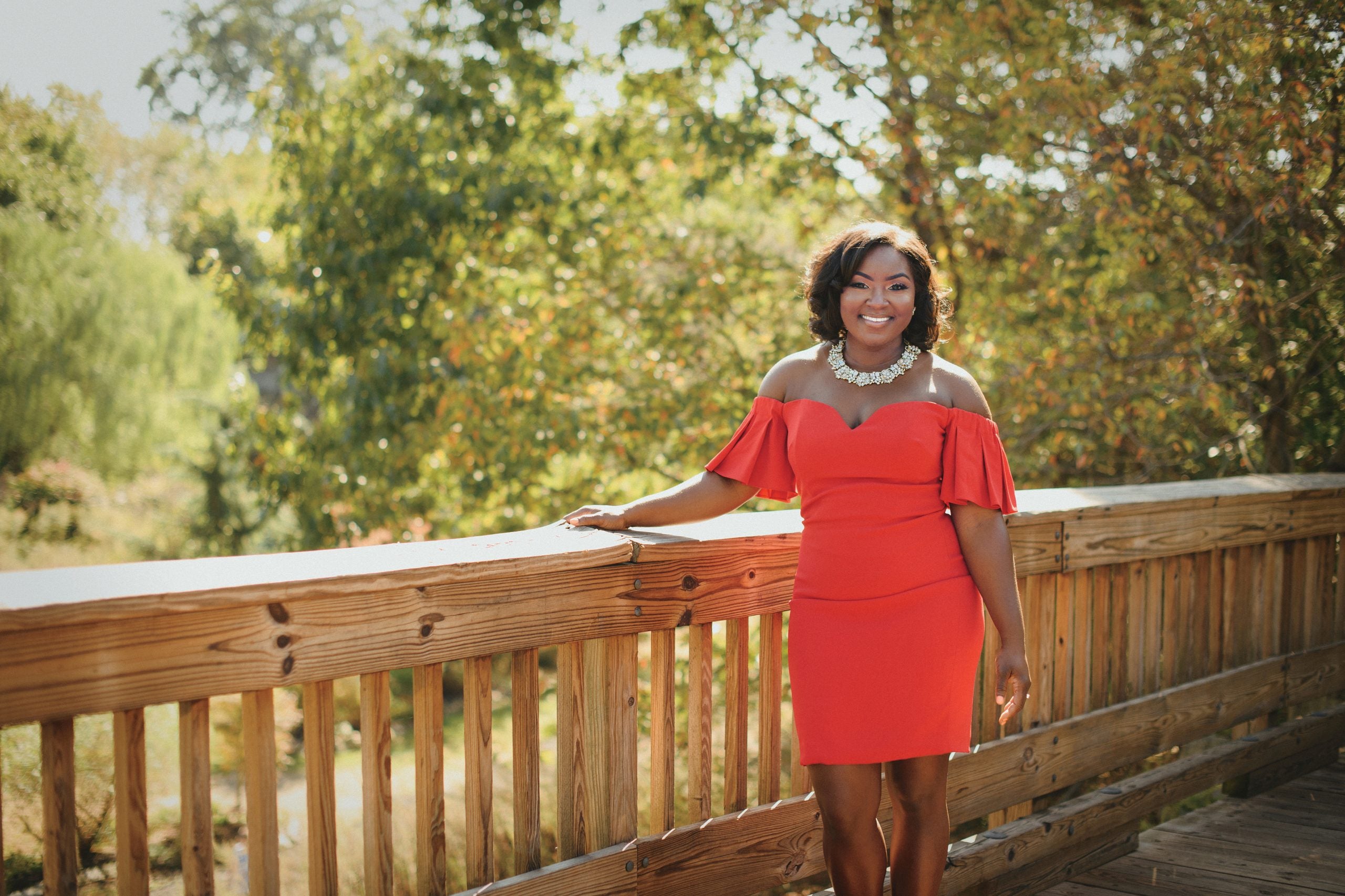
After she posted a photo of a Lysol-themed cake on Insta- gram, for example, a customer called to change her order to a Clorox-wipes cake. However, the real savior of this bakery’s future has been its “cake jars.” Each jar is filled with the equivalent of two cupcakes, ships and stays fresh for nationwide one week. “When our main revenue source was stripped, we found ways to keep going and be successful,” Perry says. “This will have a positive impact on our business once everything goes back to normal. We’ll have our prior revenue plus this new stream.”